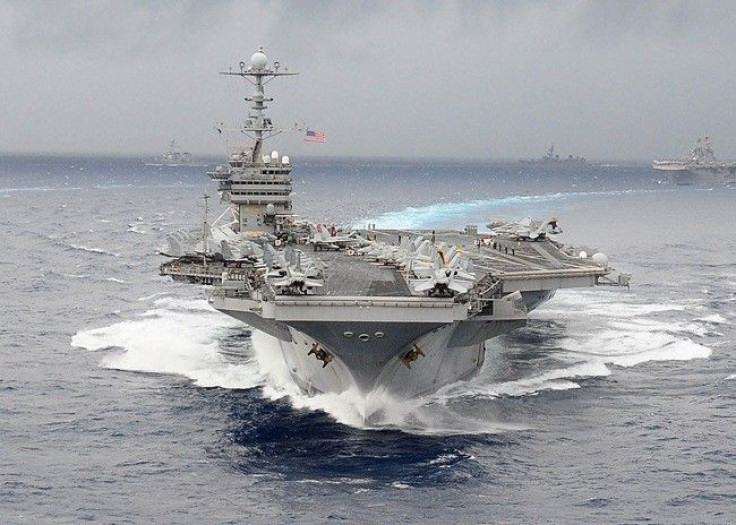China's new missile won't block U.S., admiral says

China's new anti-ship aircraft carrier killer missile has achieved initial operational capability, but that won't affect the United States military's operations in the commercially vital South China Sea, a top U.S. military commander said.
U.S. Adm. Robert Willard, commander of the U.S. Pacific Command, said in a published interview on Tuesday that China will continue to develop the missile and expects additional tests for several more years. The missile has been publicly displayed by China over the past year.
China's expanding capabilities are not affecting the United States military's projection capability, in the region, Willard said.
Is it affecting my operations today? Not at all. Were it to pose a challenge to the United States, I'm confident that I have the capability to operate in that air space and water space, he said. Willard oversees all U.S. military operations stretching from the west coast of the U.S. to western India and from Antarctica to the North Pole.
China's military capability expansion comes as neighboring countries and the United States assert the importance of the waters in the region for international commerce.
[T]his region of the world carries about something in excess of $5 trillion annually of commerce, $1.3 trillion of annual trade for the United States, Willard said.
Earlier this year the Chinese military said it had indisputable sovereignty over the South China Sea, but said it would let others freely navigate its waters.
Secretary of State Hillary Clinton visited Vietnam in July to assure Southeast Asian nations that the sea was of national interest to the United States and that she was seeking a peaceful multilateral solution to the issue.
Willard said the U.S. is endeavoring to make sure U.S. capabilities keep pace with China's growing capabilities.
Willard said that the anti-ship missile is not a bigger threat to the United States than submarines in keeping U.S. maritime forces away from its shores, thereby keeping out ground and tactical aircraft forces necessary for sustained operations. The concept is known as Anti-Access/Area Denial, or A2/AD.
He said China's A2/AD capability - which other nations in the region are also developing - is a combination of various air and naval defense systems and the ability to implement its policies by force.
© Copyright IBTimes 2024. All rights reserved.











